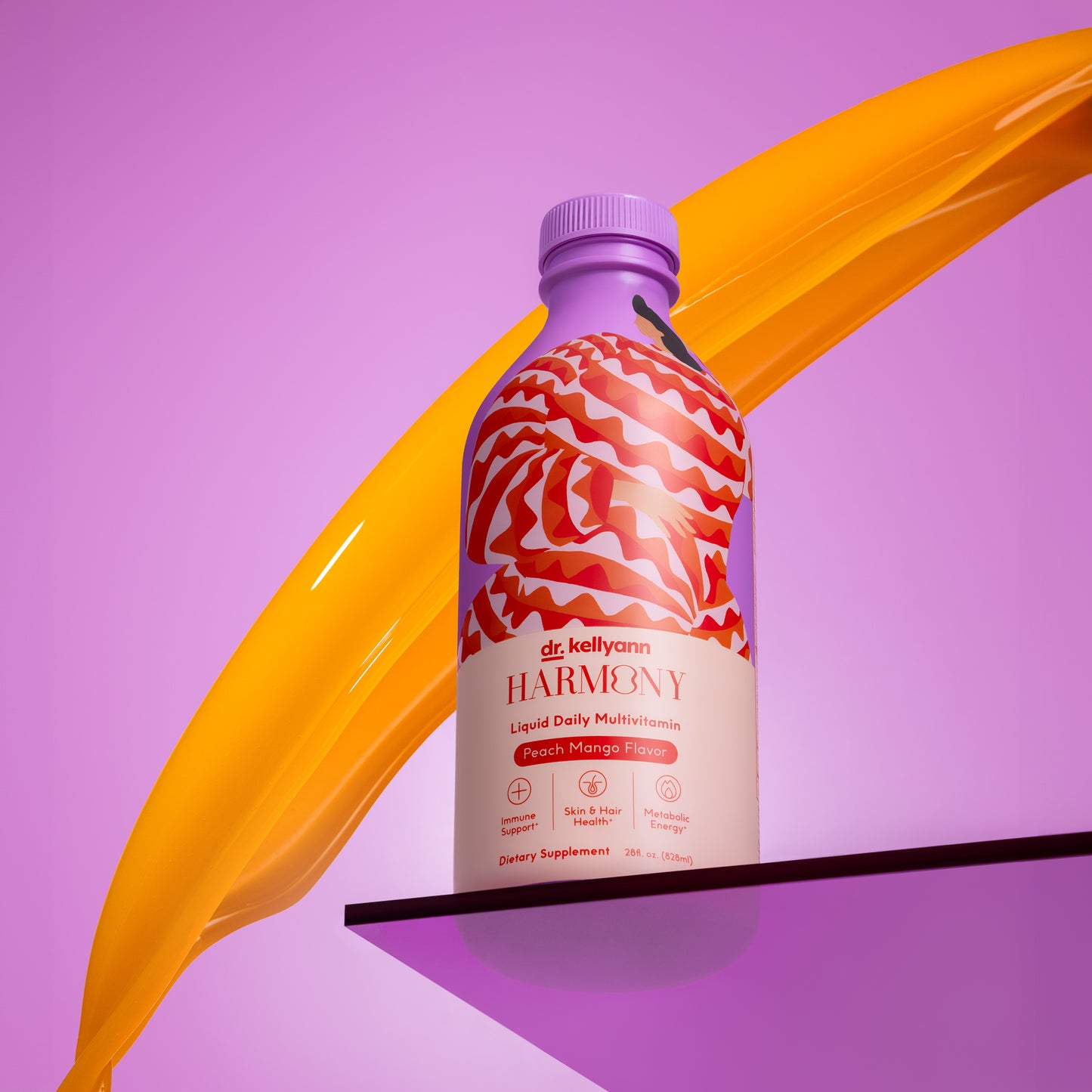
Menopause, Perimenopause and Hormones...Oh My!
- Are you feeling old and washed-out?
- Are you gaining weight, even though you’re exercising and watching what you eat?
- Do you have trouble sleeping?
- Are you sad, anxious, or moody?
- Are you constantly tired?
- Is sex becoming a chore?
- Do you suffer from “brain fog”?
If so, you’re not alone… and today, I want to tell you about a common culprit that may underlie all of your problems. It’s hormones—and you know what? That’s good news! (I’ll tell you why shortly.)
No… You’re Not too Young to Have Hormone Problems
These days, most of us know that menopause can be a challenging time for women, both physically and emotionally. But fewer of us—and far too few doctors—understand perimenopause. Generally, if a woman is younger than 45, perimenopause is a diagnosis doctors are unlikely to even consider. But it’s not uncommon for perimenopausal symptoms to begin when a woman hits her mid-30s. And though it’s rare, these symptoms can even begin as early as 25. Perimenopause is a time of fluctuating hormones that can wreak havoc on women both physically and emotionally. Some women even say it feels like going through the craziness of adolescence again. So why is this good news? Because doctors can often treat diminishing hormones and hormone imbalances in a way that involves few risks and leaves you feeling great.
The Secret: Bio-Identical Hormones
I know that the idea of hormone therapy scares many women. If you’re one of them, here’s some important information I want to share. In 2002, the Women’s Health Initiative (WHI) released major findings about links between the use of synthetic hormones and increases in heart disease, strokes, a variety of cancers, and other diseases. And that truly is scary.
However, bio-identical hormones are not like synthetic ones. Synthetic hormones, such as Premarin® and Provera®, are made of things like chemicals and horse urine. And it probably wouldn’t surprise you to hear that a horse’s hormone structure isn’t identical to yours. In contrast, bio-identical hormones are typically derived from a plant product with the same structure as the hormones humans produce. Because they have the same structure, there are very few negative side effects associated with bio-identical hormones.
In fact, studies show that replacing deficient estrogen, progesterone, and testosterone with bio-identical hormones actually offers protection against some cancers, cardiovascular disease, osteoporosis, and declines in cognitive and sexual functioning. These results have been published in the Journal of the American Medical Association and the New England Journal of Medicine. Of course, hormone replacement therapy isn’t for everyone. Women who have had breast or endometrial cancer, strokes, or blood clots generally should not take hormones, even if they are bio-identical.
But if you don’t have these or other risk factors, the dangers associated with synthetic hormones generally don’t apply to bio-identical ones. So don’t be afraid to seek answers. If you’re suffering, and this post makes you wonder if hormones are the issue, find a doctor who understands bio-identical hormone therapy. Get your hormones tested. Then work with your doctor to come up with an individualized treatment plan that leaves you feeling your best.
More Ways to Optimize Your Hormones
In addition to exploring bio-identical hormones, there are other steps you can take if your hormones are wonky. Here are some of the most important ones:- Eat healthy fats. Your body needs these fats to make hormones. In particular, eat foods rich in omega-3 fatty acids, such as fatty fish.
- Cut down on carbs. A diet high in carbs causes you to put on belly fat, which messes big-time with your hormone balance.
- Go dairy-free. The hormones that occur naturally in milk can throw your own hormones out of balance.
- Get enough vitamin D. Vitamin D isn’t just a vitamin—it’s also a hormone, and it plays a big role in keeping your other hormones balanced.
- Get your stress under control. Did you know that your adrenal glands help to manufacture your sex hormones? If these glands get burned out due to chronic stress (a condition called adrenal fatigue, which I talk about here), then they can’t do this job right. So take control over your stress with the strategies I share here.
- Drink bone broth. Bone broth gives you a rich dose of conditional amino acids—glycine, proline, arginine, and glutamine—that your adrenal glands need to heal themselves if they’re burned out. These are amino acids that your body can’t supply in adequate quantities if it’s run-down.
- Go green. Many chemicals are hormone disruptors, so lower your body burden of chemicals by switching to organic cleaning and personal care products.
- Exercise. Vigorous exercise can help balance your hormones, and may reduce your risk for breast cancer by lowering excess levels of estrogen.
All of these strategies will help you optimize your hormone levels—and best of all, they’re safe, simple, and natural.
Bottom Line: Take Action
If you think you have a hormone problem, don’t wait to start making lifestyle changes—and don’t put off seeing a doctor and getting your hormones checked. The sooner you detect a problem and take steps to correct it, the faster you’ll get relief… and the sooner you’ll get back to being young, slim, and energetic again!
Keep thinking Big and living BOLD!








